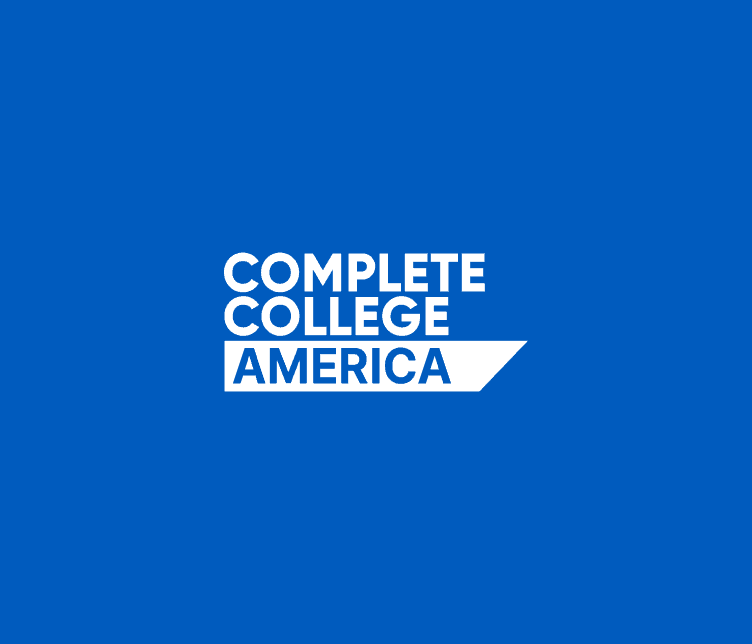At the core of Complete College America (CCA) is a network of states and systems committed to increasing college completion rates and strengthening economic opportunity through higher education. We have seen the power of states to transform their education systems by leaps and bounds, but that work does not happen in a vacuum; it requires levels of support from across every part of our society, including the Federal government.
During Secretary McMahon’s recent testimony to the Senate Appropriations Committee on President Trump’s FY26 budget proposal, she emphasized the important role of states and local communities in our education policies. While we agree that states and local communities need to work in partnership with the federal government, the Trump Administration’s budget proposal, by stripping states of key federal funding, would take away critical resources from students, including adult learners, student veterans, first-generation college students, and many more, that they need to succeed. Furthermore, by eliminating key federal programs and investments, the budget proposal would put many states at a significant disadvantage when it comes to educating a workforce that can attract high-quality jobs and build strong local and regional economies.
At CCA, we firmly believe that a learner’s zip code should not determine their chances for accessing and completing college –every student must have an equal chance to earn a college degree or credential of value.
Impacts on Low-Income Students
The budget proposal would have the greatest impact on low-income students. By lowering the maximum Pell Grant by nearly a quarter and getting rid of the Federal Supplemental Educational Opportunity Grant (FSEOG) program, students would face new barriers to earning a degree or credential. By eliminating TRIO and GEAR UP, two programs with a proven track record of increasing graduation rates and college attainment, students would lose opportunities to start their path to postsecondary education on a level playing field.
Critical Supports for Student Success
Alongside increasing costs of college for students, the budget proposal would eliminate key programs that have been successful in providing wraparound services to college students who are balancing work, family, and school. It would eliminate CCAMPIS, which provides childcare on campus, and the Basic Needs for Postsecondary Student grant program, which enables institutions of higher education to address food insecurity, housing, transportation, health care and childcare so that students have the tools they need to be successful. Critically, the proposed budget would target students who need the most support, including our nation’s veterans choosing to earn an undergraduate degree or credential following their service.
Evidence-backed Approaches to Promote Student Outcomes
The budget would also eliminate the Postsecondary Student Success Grant program, which has had bi-partisan support in Congress due to its evidence-based approach to improving access and outcomes for all students.
Finally, CCA supports the Department’s efforts to rebuild the Institute of Education Sciences (IES) and its recognition of the need for education research to support state and local education leaders and improve student outcomes. However, significant reductions in funding would prohibit this work from being done in a way that provides needed supports. The Department should continue to work with Congress to promote greater transparency in student access, success, costs, and outcomes.
CCA urges Congress, as it moves forward in the appropriations process, to listen to the needs of students, recognize the proven outcomes of these key programs, and prioritize funding to ensure earning a degree or credential of value is an option for all Americans, regardless of where they live, their family income, or their background.

